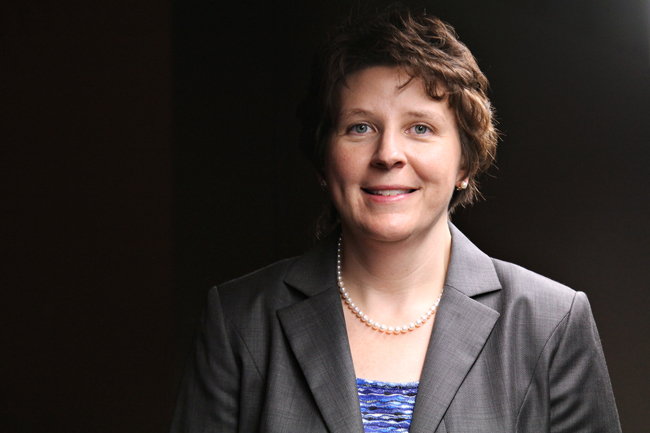UT faculty members showcased their research at the Research Symposium hosted by the UT Student Engineering Council in Welch Hall.
Speakers included business professor Prabhudev Konana, engineering associate professor Carolyn Seepersad, engineering assistant professor Neal Hall and psychology professor Art Markman.
The lecturers talked about the topic they are researching or their specific research findings.
Konana’s research focuses on global sourcing, or when a business moves the manufacturing of a product based on strategic reasons.
“Companies then were thinking about cost,” Konana said. “Today they go for capabilities. … That’s the kind of world we are entering in.”
According to Konana, new global sourcing techniques can lead to job loss in America.
“This has huge implications for you,” Konana said. “If you don’t add value, if you don’t innovate, you don’t create something new for the company, in a few years your job will be in India or China somewhere because they are not going to invest in you if you’re not going to create additional value.”
Seepersad said 3-D printing could be the next industrial revolution because of additive manufacturing, or moldless manufacturing that makes products layer by layer.
“You want to build one part today; you want to change it up a little bit tomorrow — no sweat,” Seepersad said. “There [is no] more cost to building a unique item than there is to building mass manufacturing identical items [with 3-D printing]. “
According to Seepersad, 3-D printing is leading to advances in biological applications. She described research done at Princeton University and Johns Hopkins University, where researchers have 3-D-printed ear cartilage to be used in the future.
Hall’s collaborative research has led to a directional microphone based on the ears of the Ormia ochracea fly.
“The fly does not have two independent ears; it has this hearing organ which is effectively coupled,” Hall said. “The essence of this hearing structure is that it behaves like a teeter totter. … It’s tuned to detect only minute differences in sound pressure coming from one side … to another.”
The directional microphone hearing aid could be used in a restaurant-type setting in which an individual needs to raise the volume of one person’s voice and not the ambient noise, according to Hall.
Markman said in order to learn something you have to teach it.
“If you want to maximize the quality of your knowledge, you need to get in the habit of explaining things to yourself,” Markman said.
Once the quality of knowledge is maximized, an individual needs to learn how to use it when they need it, according to Markman.
“Often, the really difficult solutions to problems lie from another domain of your experience,” Markman said. “When you get stuck solving a problem, all that means is you’re not being reminded of anything.”
Editor's note: This article has been updated from its original version.




















